9 tips to protect your eyesight
Boost your eye health with these smart lifestyle changes.
Updated on October 25, 2024

You rely on your vision to safely experience the world and communicate with others. That means keeping your eyes healthy—and preventing eye disease—is key to preserving your quality of life in the years to come.
With that in mind, consider these nine smart tips for protecting your eyes as you age.

Learn about your family history
Remember those bifocals your grandfather wore? How about your aunt who had glaucoma? From poor vision to serious eye diseases, your family history says a lot about your eye health.
Ask your family members about their eye health history to learn how it may affect you. Find out if anyone has been diagnosed with a disease or condition that affects vision, such as cataracts, diabetic retinopathy, glaucoma, or age-related macular degeneration. It's a direct way to determine if you're at higher risk for those same eye problems.
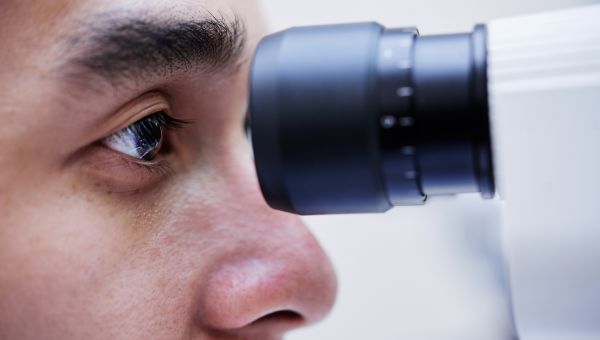
Get comprehensive eye exams
Eye exams are the best way to turn your vision concerns into an actionable eye care plan. Even if your eyes feel fine, scheduling an appointment with an eye care professional is a wise idea. For example, certain eye diseases may not have symptoms until vision loss starts to set in. Regular vision screenings can help you identify and treat these problems before they become bigger issues.
The American Academy of Ophthalmology recommends comprehensive eye exams screenings during different phases of your life—from your toddler years to your teens, and into your mid-life and senior years.

Exercise and eat a healthy diet
Eating a balanced diet rich in fruits and vegetables is a smart way to boost your eye health. That's partly because many of these foods are packed with vitamin C, which helps protect the retina, the light-sensitive tissue at the back of your eye. Tuna, eggs, nuts, and beans are also packed with nutrients that are good for your eyes.
Regular exercise can help your vision, too. Daily activities like walking and running can lower your risk of two leading eye problems that develop over time: cataracts and macular degeneration.

Quit smoking
Studies show smoking harms your vision in addition to your overall health. It increases your risk for cataracts, optic nerve damage, and macular degeneration, three eye diseases that can eventually lead to blindness.
Your healthcare provider (HCP) can recommend ways to quit smoking that work best for you. And don't worry if you have trouble kicking the habit. Research suggests that every attempt you make to quit smoking raises your chances of ditching tobacco for good.
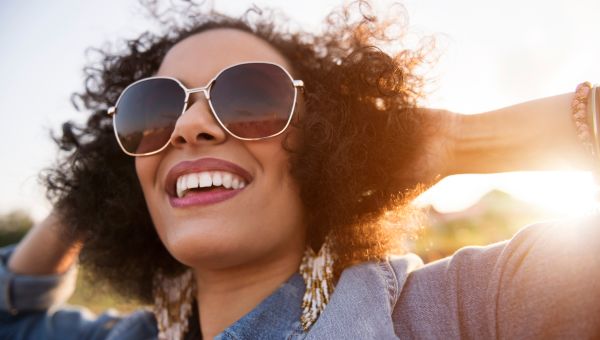
Wear sunglasses
Ultraviolet rays from the sun don't just damage your skin; they can harm your eyes at all hours of the day. In fact, when the sun is low on the horizon at sunrise and sunset, your eyes are exposed to twice the amount of UVB rays, which are considered more dangerous than UVA rays.
One solution: Wear sunglasses when you're outdoors. Choose a wraparound style to safeguard your preripheral vision, or the vision at the corners of your eyes. Make sure your chosen pair offers 99 to 100 percent UVA and UVB protection.
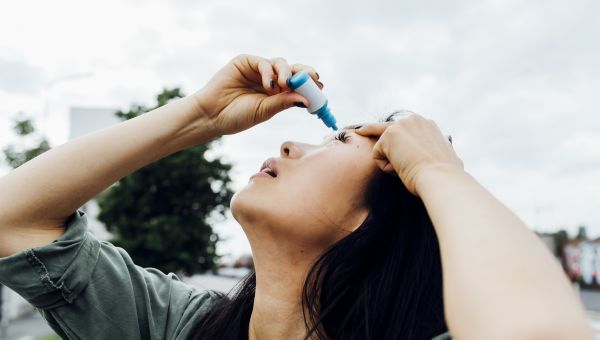
Treat dry eye
Dry eye is a condition that causes your eyes to appear red and feel itchy, gritty, and/or irritated. It happens more often with age, as you produce fewer tears. Fortunately, dry eye is treatable. To get the relief you need, consider using eye drops or running a portable humidifier when your indoor environment feels too dry.
Sometimes certain medicines can also bring on dry eye symptoms. If you think your medication may be causing dry eye or your symptoms become a hassle, reach out to an HCP for help.
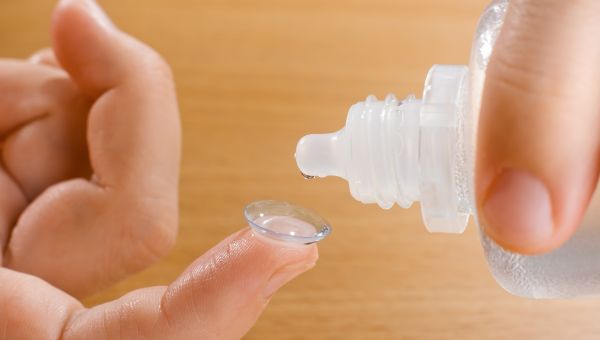
Care for your contacts
Caring for your contact lenses correctly is essential to eye health. To keep your eyes safe and sound, make sure you follow your HCP's specific care instructions. Not doing so can result in painful eye conditions like corneal ulcers—and even vision loss.
Some questions to ask your HCP about proper lens care:
- How long should you wear your lenses each day?
- Are you wearing lenses that are approved for overnight wear?
- Are your contacts disposable or not? If yes, how often should you switch to a new pair?
- What is the recommended contact lens solution? When does your current bottle expire?
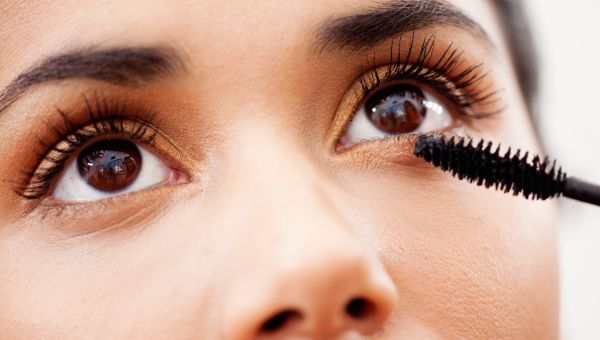
Be careful with eye cosmetics
There's nothing wrong with putting on a little mascara, eye shadow, and eyeliner. In general, eye cosmetics are safe as long as you use them appropriately.
It helps to be aware of potential problems, however. For one thing, bacteria can lurk in older cosmetic packages and you can transfer those germs to your eyes when you apply makeup. To prevent contamination, toss out old makeup, don't use mascara that's dried out, and store everything in a cool, dry place. Avoid sharing eye cosmetics with friends, too.
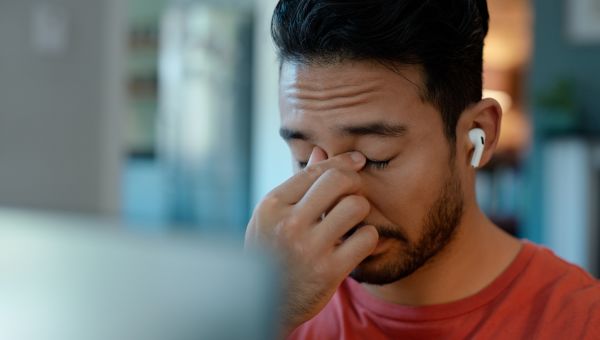
Beware of computer vision syndrome (CVS)
Computers are part of life. But computer vision syndrome (CVS) doesn't have to be. Eyestrain tied to the overuse of computers, CVS can cause irritation and blurry vision. It can also lead to aches and pains in your neck, shoulders, back, or head.
To help keep CVS at bay:
- Make sure your computer monitors are about 4 to 8 inches below eye level.
- Make it a point to look away from your screen every 15 minutes.
- Stretch out your neck muscles, stand up, and walk around often.

University of Utah Health. Tracking Your Family's Eye Health May be the Best Gift of All. December 12, 2019.
Optometrists.org. Your Genes and Eye Disease. Accessed October 25, 2024.
American Academy of Ophthalmology. Eye Exam and Vision Testing Basics. Reviewed February 14, 2024.
Johns Hopkins Medicine. Nutrition and Eye Health. Accessed October 25, 2024.
Zhang Q, Jiang Y, Deng C, Wang J. Effects and potential mechanisms of exercise and physical activity on eye health and ocular diseases. Front Med (Lausanne). 2024 Mar 22;11:1353624.
Centers for Disease Control and Prevention. Vision, Blindness, and Smoking. Reviewed October 12, 2023.
American Optometric Association. The heat is on: Ensure patients’ protective eyewear is, too. May 22, 2024.
Optometrists.org. 8 Top Natural Ways to Stop Dry Eyes. Accessed October 25, 2024.
Mayo Clinic. Dry eyes. September 23, 2022.
American Optometric Association. Contact Lens Care. Accessed October 25, 2024.
Optometrists.org. Using Eye Makeup Safely. Accessed October 25, 2024.
American Optometric Association. Computer vision syndrome. Accessed October 25, 2024.
More On


video

article

slideshow


video


video
